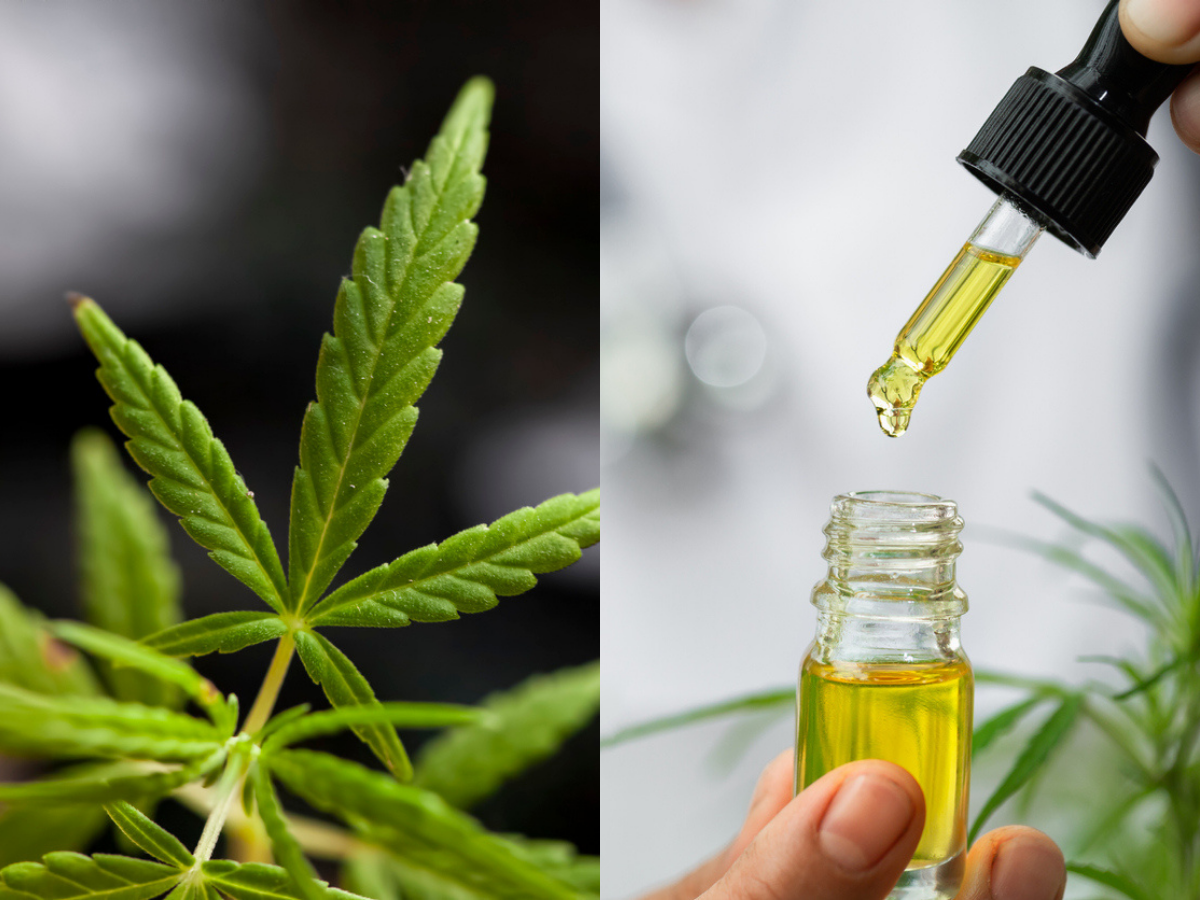
In recent years, CBD oil has transitioned from a little-known compound to a leading star in the wellness and health industry, capturing the interest of scientists, health professionals, and consumers alike. Extracted from the cannabis plant, CBD (cannabidiol) is touted for its therapeutic properties, ranging from alleviating anxiety to reducing chronic pain, without the psychoactive effects associated with THC. This article aims to demystify CBD oil, exploring its benefits, challenges, and the ongoing debate surrounding its use.
What is CBD Oil?
CBD oil is derived from the hemp plant, a cousin of the marijuana plant. Despite its controversial origin, CBD does not contain THC (tetrahydrocannabinol), the compound responsible for the “high” in marijuana. Instead, CBD is heralded for its potential health benefits, influencing the body’s endocannabinoid system, which plays a role in regulating a plethora of physiological processes, including pain, mood, appetite, and sleep.
The Therapeutic Journey of CBD
Anxiety and Depression
One of the most celebrated uses of CBD oil is its ability to mitigate symptoms of anxiety and depression. Several studies suggest that CBD has a calming effect on the nervous system. It may alter serotonin signals, a neurotransmitter that plays a critical role in mental health. People suffering from anxiety and depression have reported feeling more balanced and calm after using CBD oil, making it a promising alternative to traditional pharmaceuticals.
Pain Relief
The analgesic properties of CBD are another area of interest. Research indicates that CBD may reduce chronic pain by impacting endocannabinoid receptor activity, reducing inflammation, and interacting with neurotransmitters. This has opened new doors for individuals suffering from conditions such as arthritis and multiple sclerosis, seeking relief without the side effects of conventional pain medication.
Sleep Disorders
Insomnia and sleep disorders are complex issues often linked to stress, anxiety, or pain. CBD oil has shown promise in promoting relaxation and improving sleep quality by addressing the root causes. By alleviating symptoms of anxiety and reducing pain, CBD can help users find a more peaceful night’s sleep.
Challenges and Controversies
Despite its potential, CBD oil is not without its challenges. The legal landscape surrounding CBD is complex and varies widely between jurisdictions. In some places, CBD is fully legal and available over the counter, while in others, it remains under strict regulation.
Quality control is another significant concern. The explosion of CBD products on the market has led to variability in quality, with some products containing little to no CBD or, worse, harmful contaminants. This inconsistency underscores the importance of purchasing CBD oil from reputable sources and advocating for stricter industry standards.
The Ongoing Debate
The medical community remains divided over CBD. While many acknowledge its potential, calls for more comprehensive research are prevalent. Critics argue that the current body of evidence, largely based on animal studies and small-scale human trials, is insufficient to definitively prove CBD’s efficacy and safety for all claimed benefits.
In Conclusion
CBD oil stands at the frontier of alternative medicine, offering a beacon of hope for individuals seeking relief from various ailments. Its journey from obscurity to prominence reflects a growing desire for natural, holistic approaches to health and wellness. However, as we navigate this new terrain, it is imperative to approach CBD with an informed and cautious perspective, advocating for further research and regulation to fully unlock its potential while ensuring safety and efficacy for all users.
